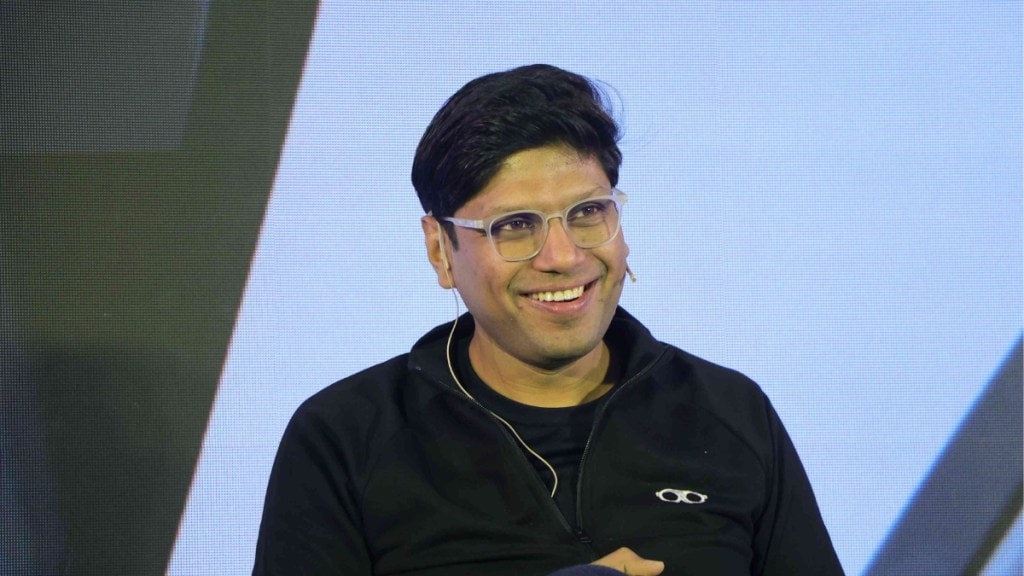Lenskart founder Peyush Bansal took to X (formerly Twitter) to showcase his company’s latest innovation, the AI-powered Lenskart B smart glasses. After previewing the camera quality in an earlier social media video, Bansal’s newest update flaunts how the smartglasses can summarise books and offer personalised recommendations, all without needing a smartphone or screen.
Bansal, the 40-year-old entrepreneur and CEO of Lenskart, filmed himself in a home library setting, surrounded by towering bookshelves and minimalist decor. Dressed in a simple gray shirt and trousers, he holds up a book to his Lenskart B glasses and asks the device while looking at it.
“Explain this book,” he asks the onboard voice assistant. Moments later, the assistant responds through the glasses’ built-in audio, delivering a concise summary of the text. The AI proactively suggests a related read, thus adding to the book reading experience.
Lenskart CEO demonstrates the glasses
“No phone, no screen—just B,” Bansal stated in the 63-second video. “It’s early, and we’re learning every day. But moments like this make me feel that India might finally shift from adopting technology to actually building it. Grateful to be a part of the journey.”
The Lenskart B glasses is presented as a homegrown option for introducing augmented reality (AR) with generative AI to cater to India’s tech-savvy and highly demanding users. The glasses, powered by lightweight processors and cutting-edge AI, promise to process queries offline, ensuring privacy and speed. The glasses will allow their users to rely on the onboard camera for making digital payments via NPCI’s UPI system.
While pricing details remain under wraps, Bansal has hinted at affordability to reach the masses while offering similar levels of features as Meta’s Ray-Ban glasses, which currently sell at a price of Rs 35,700. Lenskart’s offering is expected to carry a much lower price tag.







